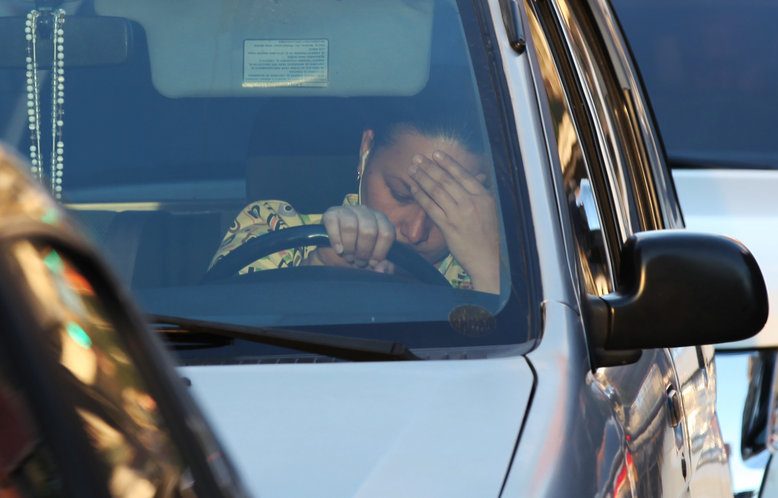CARACAS, Venezuela – This metropolis of 6 million people may be one of the world’s most intense, overwhelming cities, with tremendous levels of crime, traffic and social strife. The sounds of Caracas’ streets live up to its reputation.
Stand on any downtown corner, and the cacophony can be overpowering: Deafening horns blast from oncoming buses, traffic police shrilly blow their whistles and sirens shriek atop ambulances stuck in bumper-to-bumper traffic.
Air horns routinely used by bus drivers are so powerful they make pedestrians on crosswalks recoil, and can even leave their ears ringing. Loud salsa music blares from the windows of buses, trucks with old mufflers rumble past belching exhaust, and “moto-taxis” weave through traffic beeping high-pitched horns.
Growing numbers of Venezuelans are saying they’re fed up with the noise that they say is getting worse, and the numbers of complaints to the authorities have risen in recent years.
One affluent district, Chacao, put up signs along a main avenue reading: “A honk won’t make the traffic light change.”
“The noise is terrible. Sometimes it seems like it’s never going to end,” said Jose Santander, a street vendor who stands in the middle of a highway selling fried pork rinds and potato chips to commuters in traffic.
Prosecutor General Luisa Ortega recently told a news conference that officials have started “putting an increased emphasis on promoting peaceful coexistence” by punishing misdemeanors such as violations of anti-noise regulations and other minor crimes. That effort has translated into hundreds of noise-related cases in recent years.
Some violators are ordered to perform community service. For instance, two young musicians who were recently caught playing loud music near a subway station were sentenced to 120 hours of community service giving music lessons to students in public schools.
Others caught playing loud music on the street have been charged with disturbing the peace after complaints from neighbors. Fines can run as high as 9,000 bolivars, or $2,093.
Send questions/comments to the editors.



Success. Please wait for the page to reload. If the page does not reload within 5 seconds, please refresh the page.
Enter your email and password to access comments.
Hi, to comment on stories you must . This profile is in addition to your subscription and website login.
Already have a commenting profile? .
Invalid username/password.
Please check your email to confirm and complete your registration.
Only subscribers are eligible to post comments. Please subscribe or login first for digital access. Here’s why.
Use the form below to reset your password. When you've submitted your account email, we will send an email with a reset code.